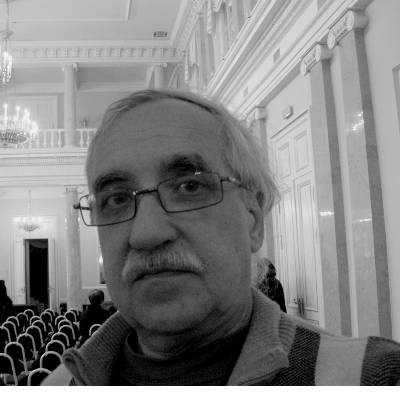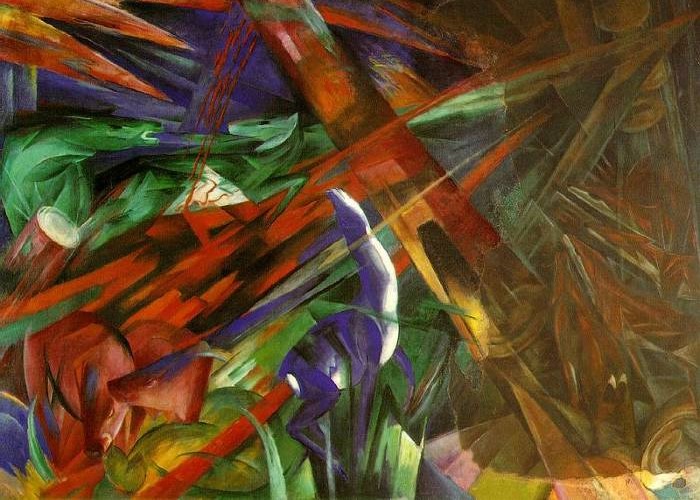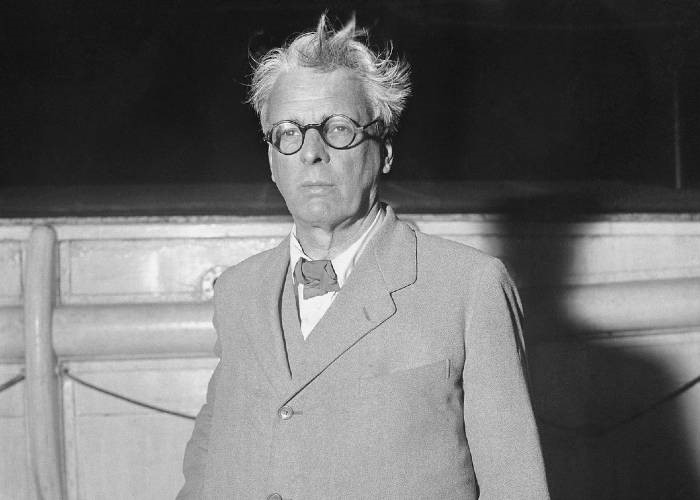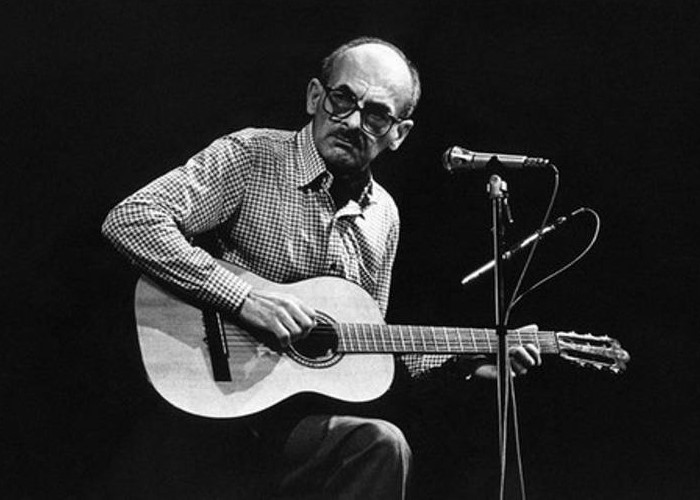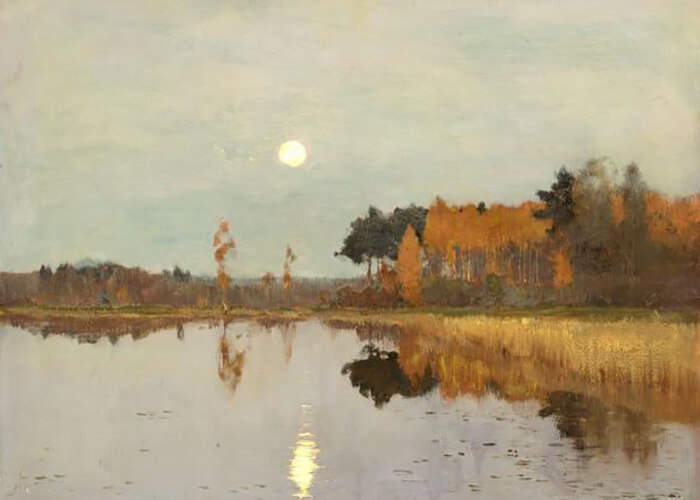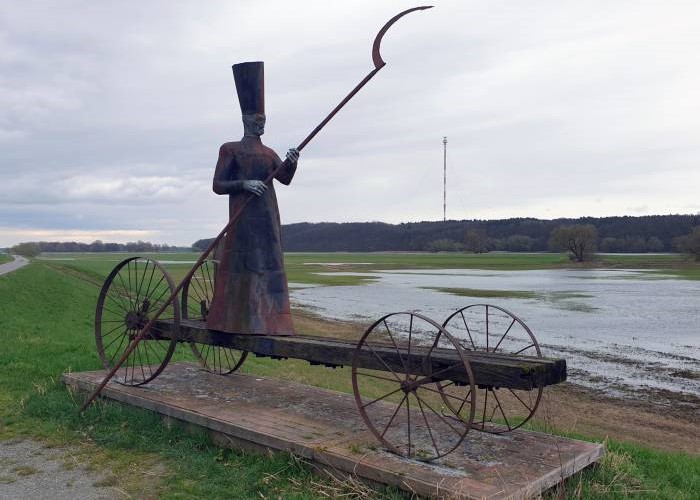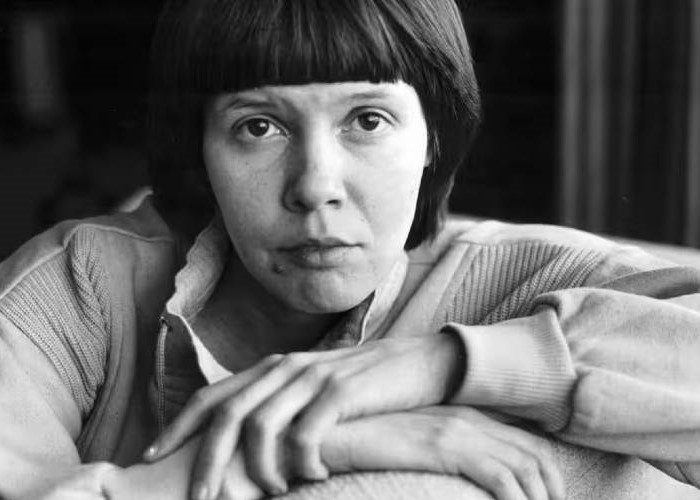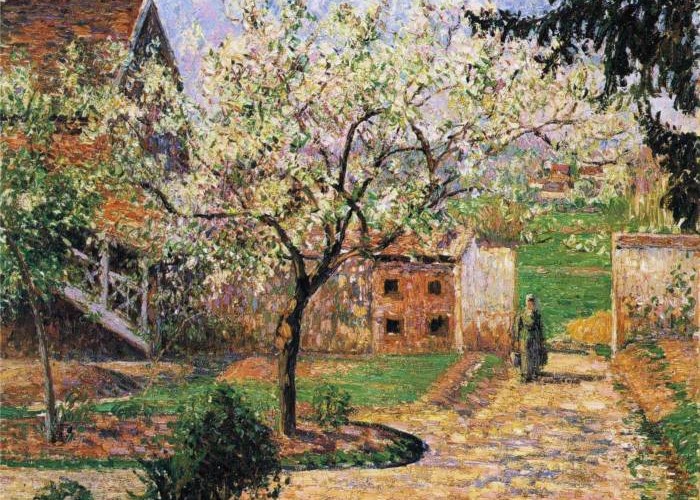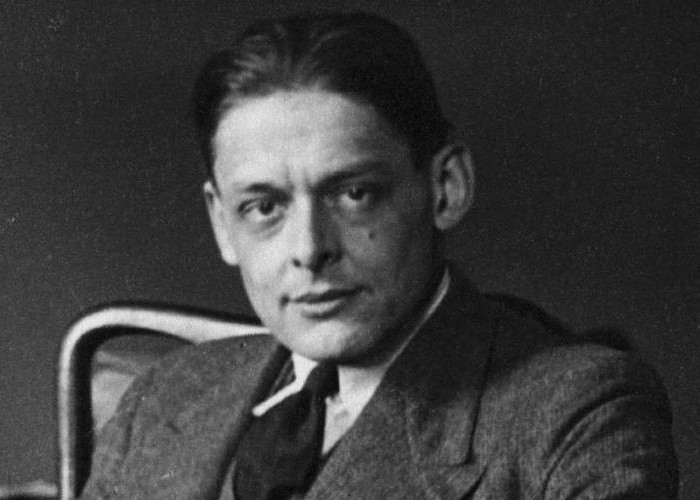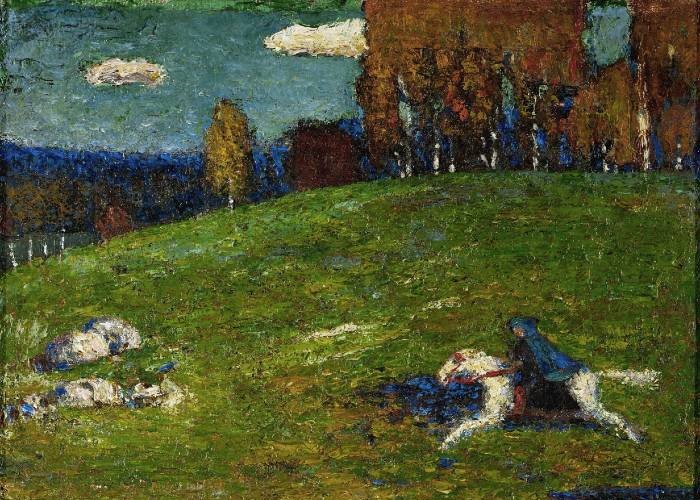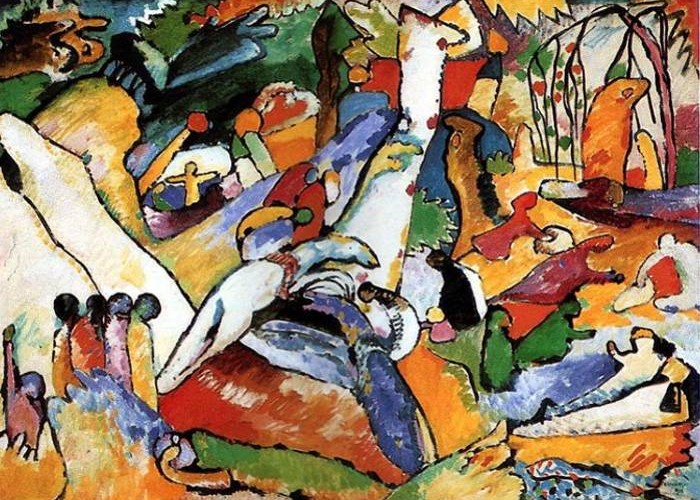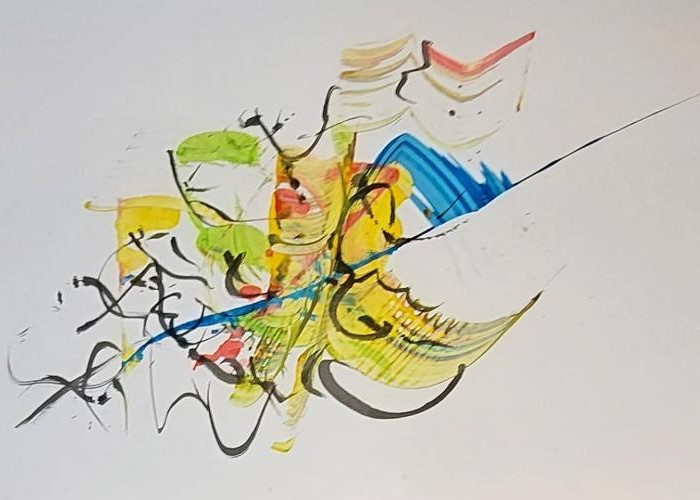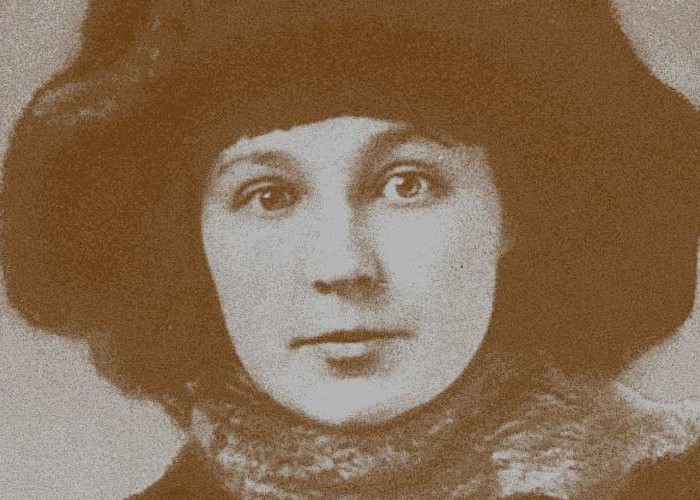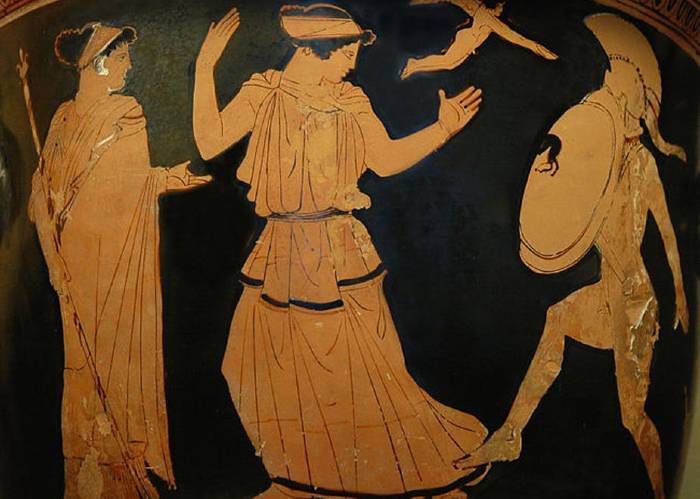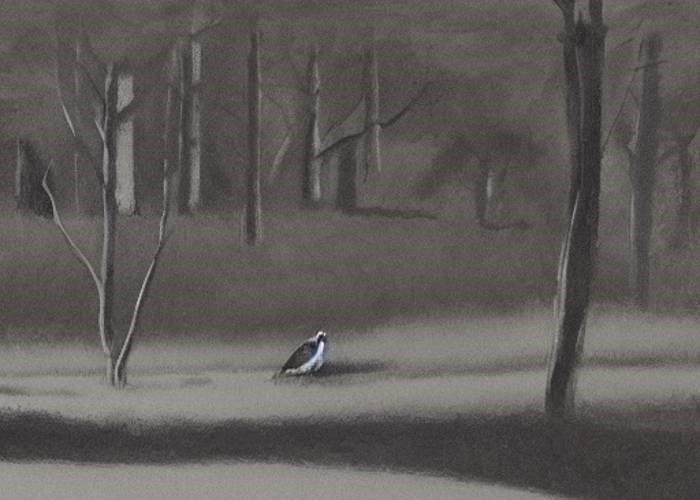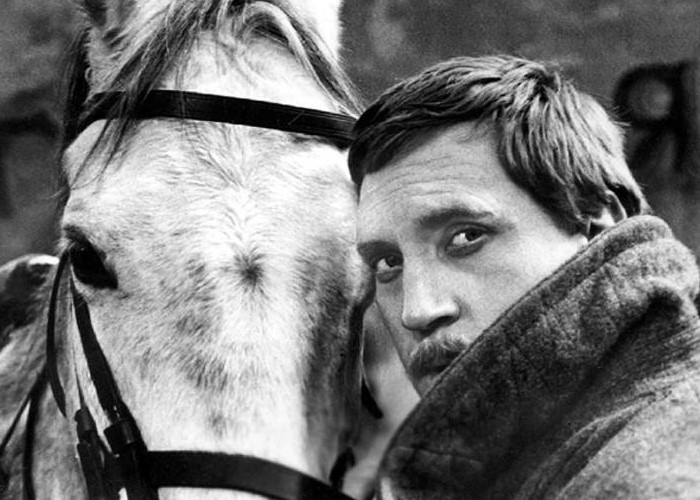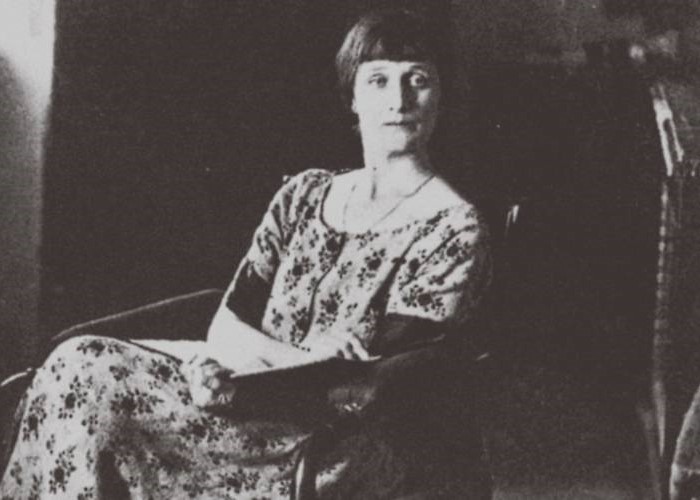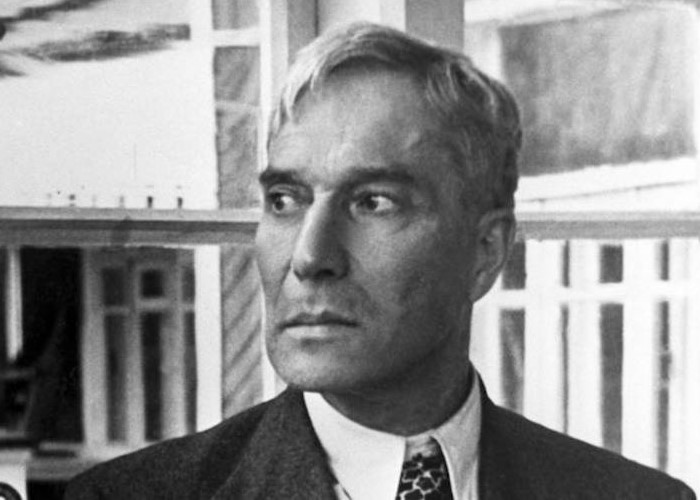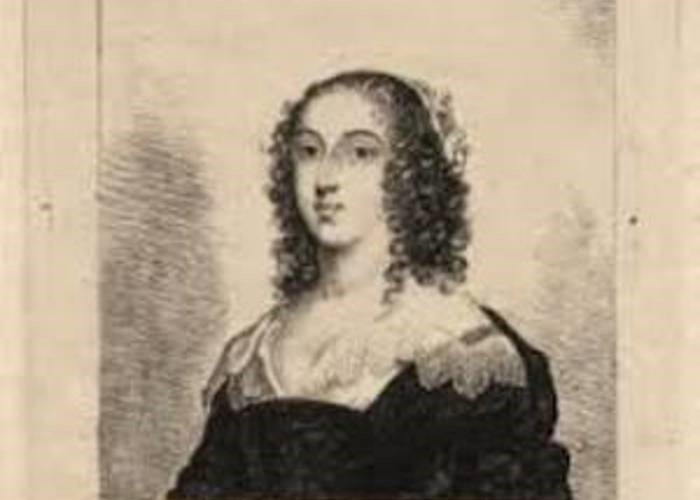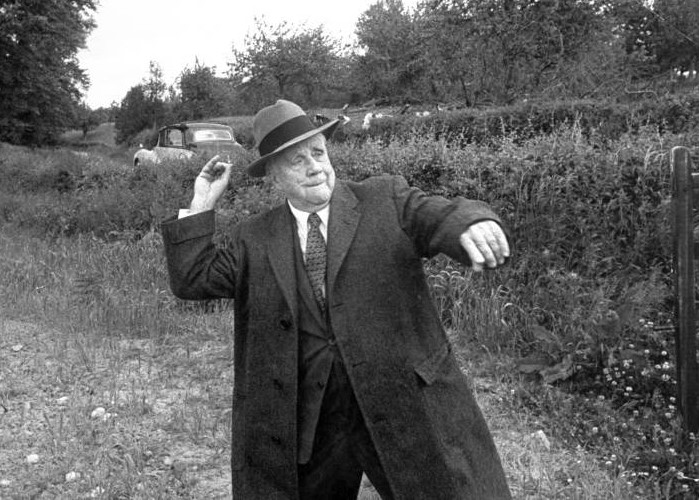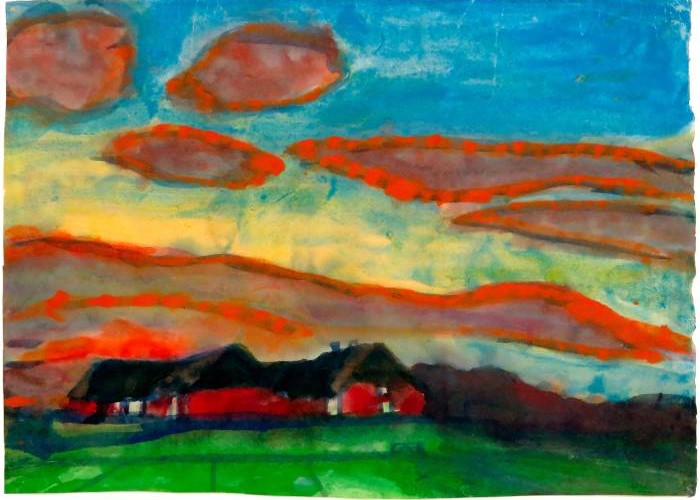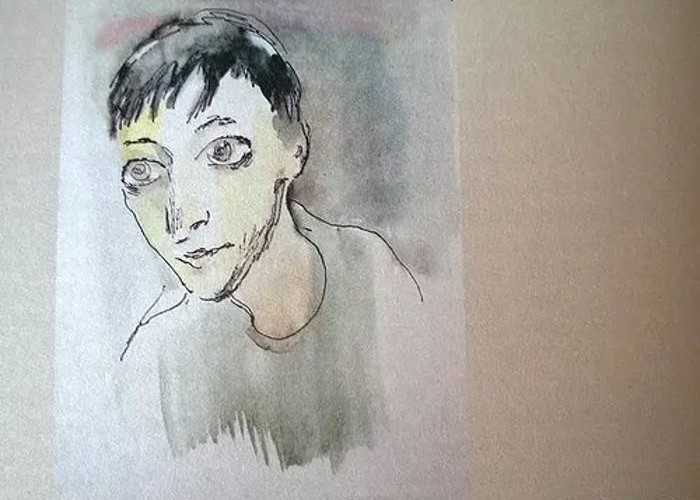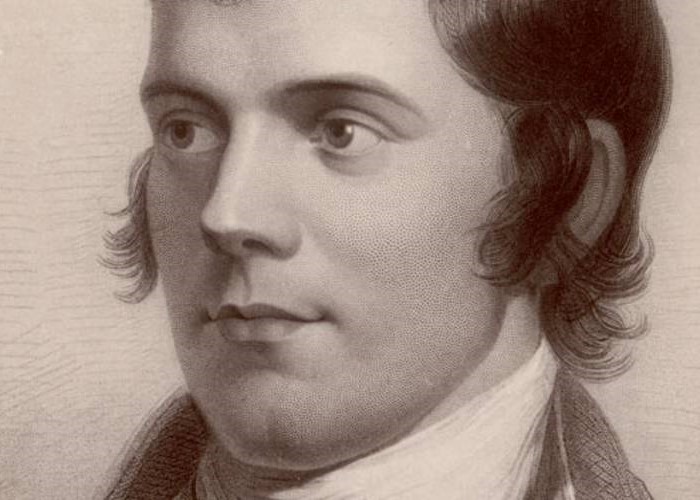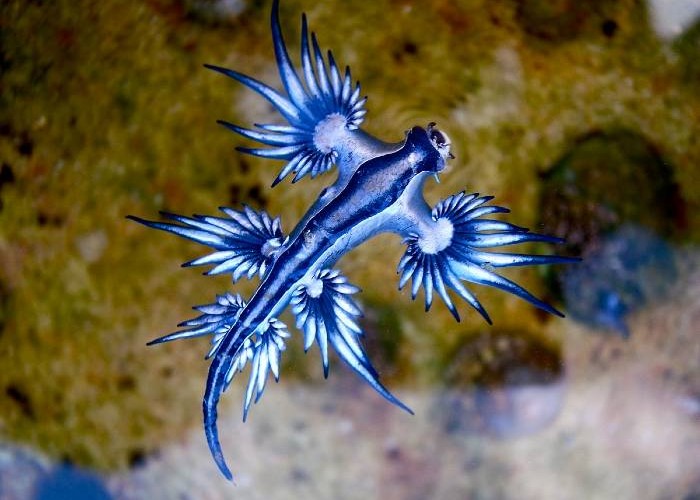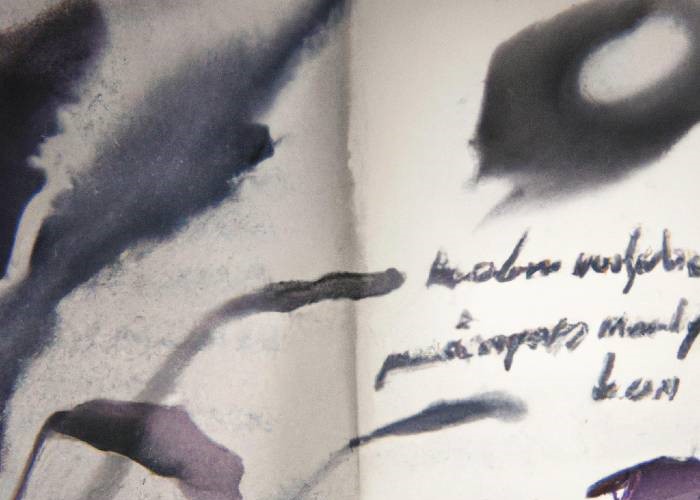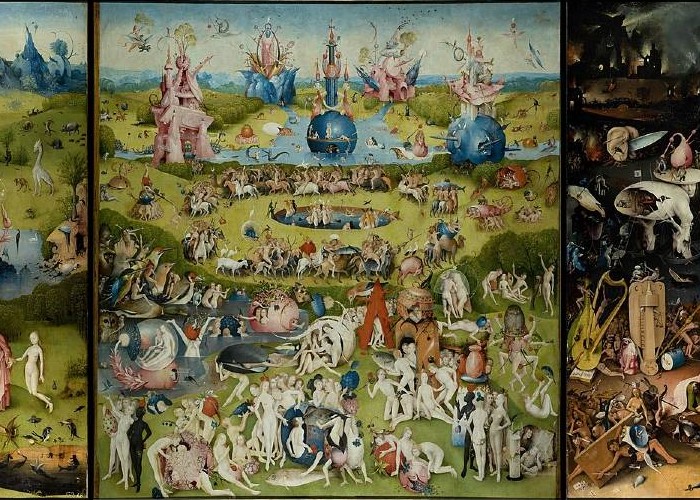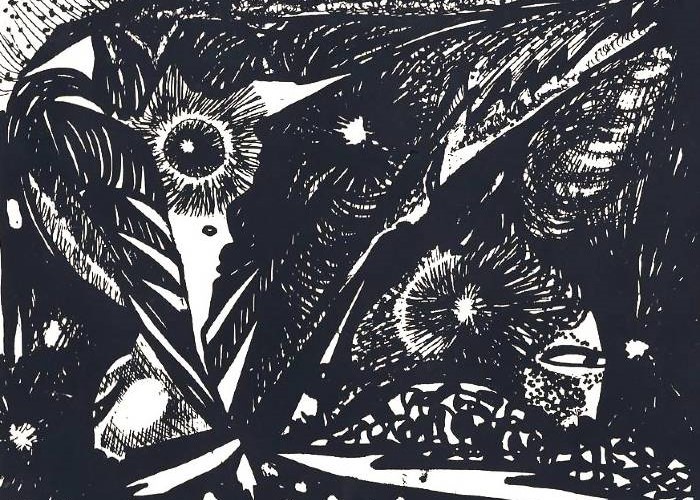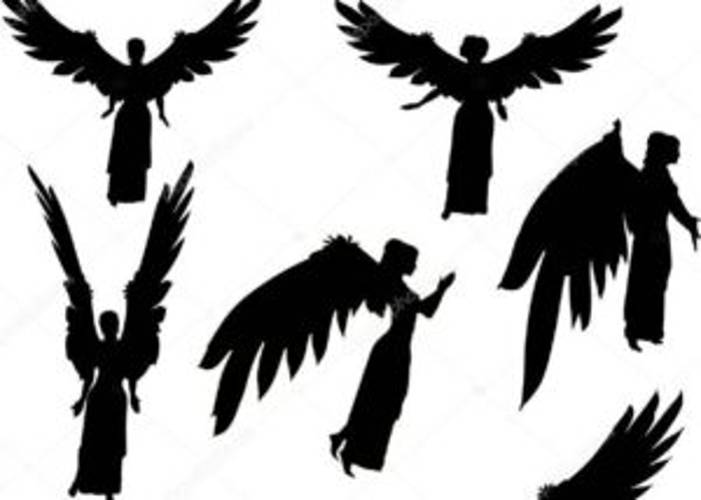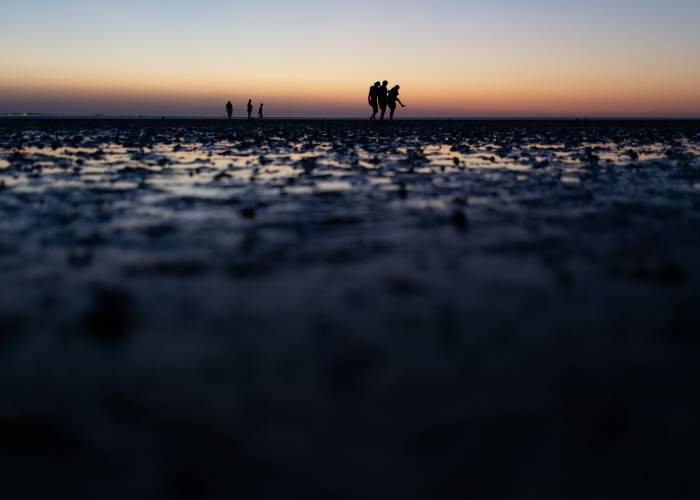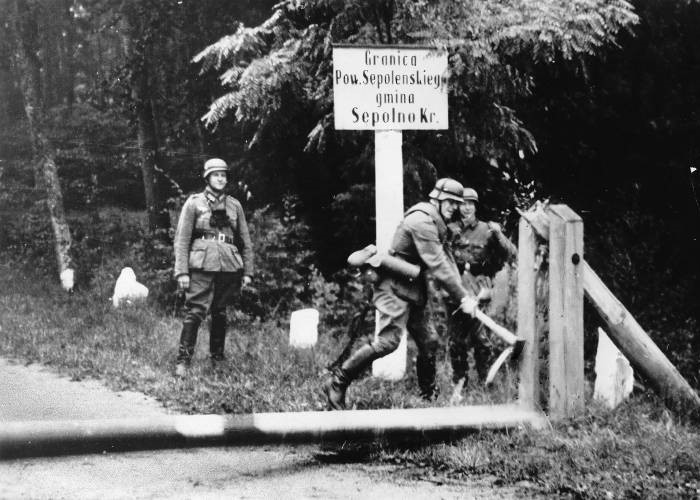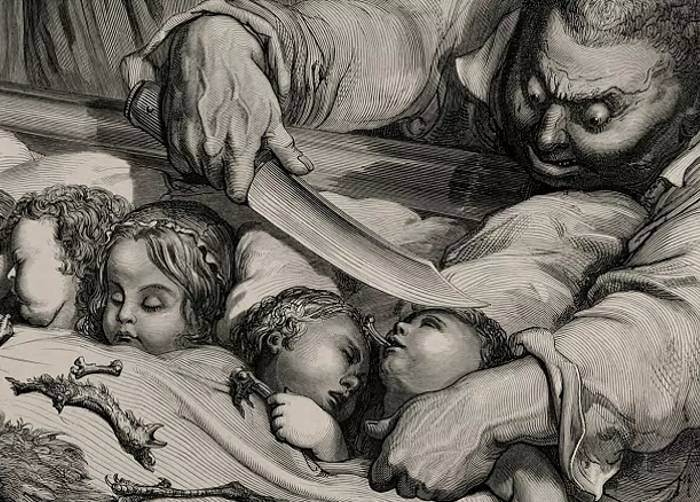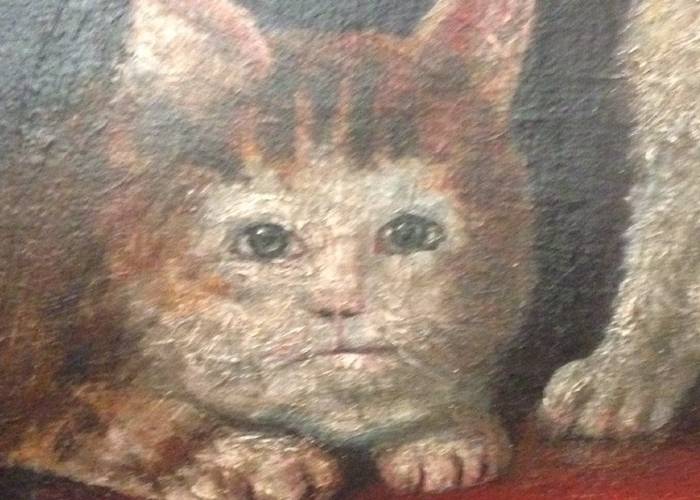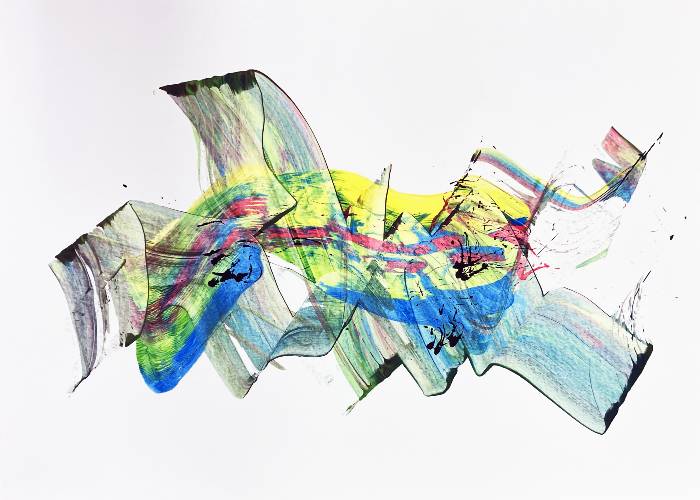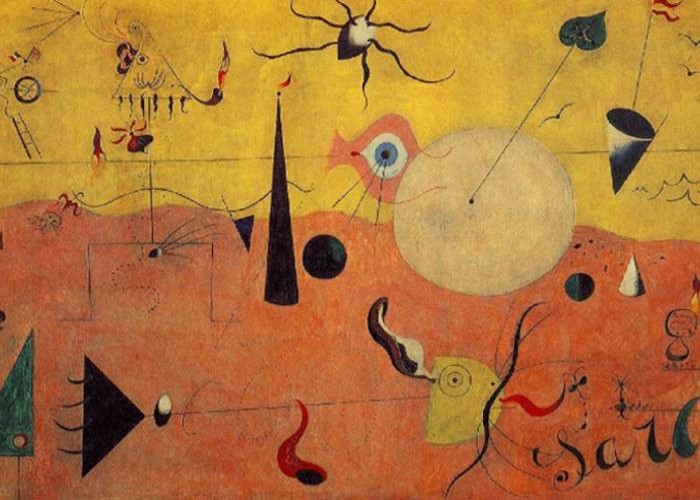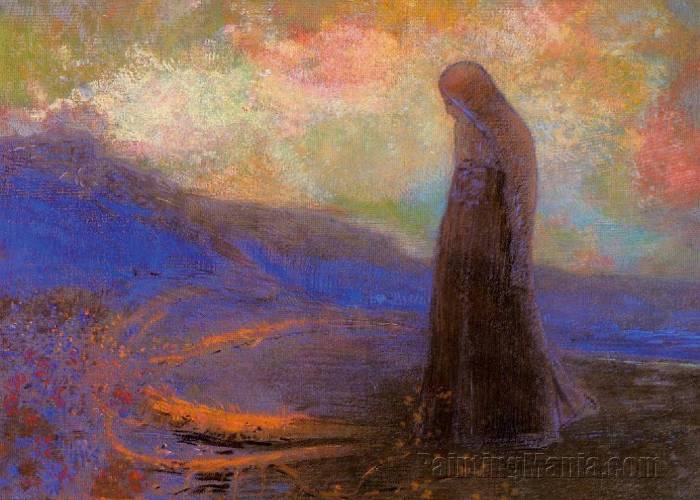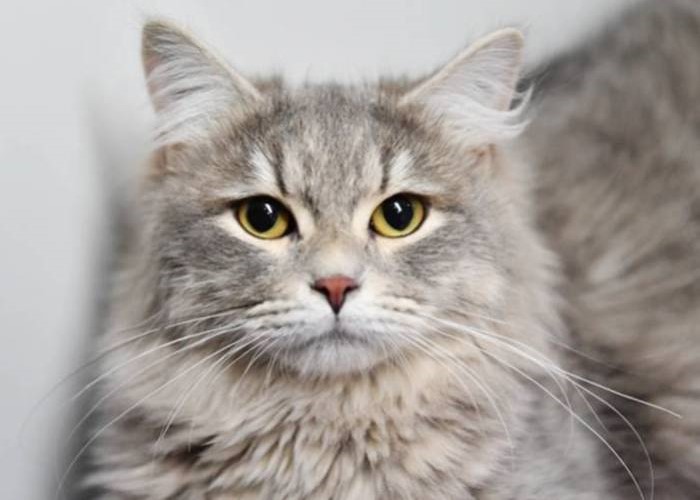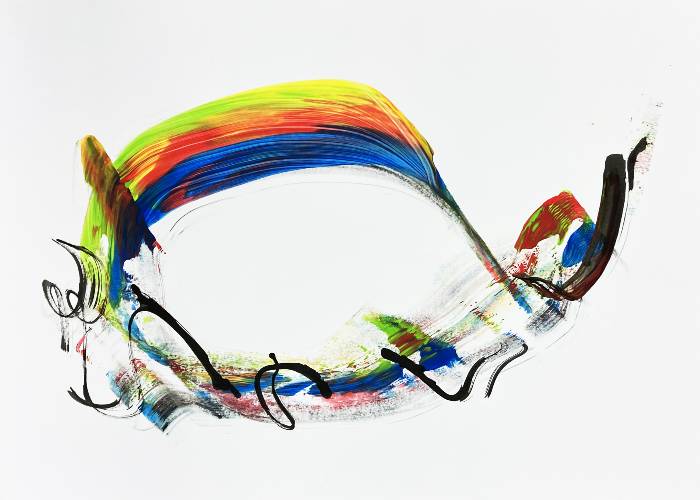ORDER
the soul goes out into the night
with stripes and signs оn its back
soap
toothpaste
lantern
and knife
in its backpack
a set of things
needed in the time
between arrival
and departure to nowhere
the soul goes out into the night
folds lines of poems
in half, pushes itself into a bag
so as not to get wet
into the night the soul goes
where time is torn apart
where an immense sound disappears
as soon as it is born in the ears
where vision ends with a flash
where thought stops itself
makes a sudden discovery of an end
who came up with such departures?
into the night
the soul goes
where new Guernica is waiting for a Picasso
the irrevocable leaves
under the shoe
darkness grows in the frying pan of the sky
sunset eats
the last meat of the day
11.2022
~
ПРЕДПИСАНИЕ
в ночь уходит душа
нашивки и знаки
в рюкзаке
мыло
зубная паста
фонарь
и нож
набор вещей
необходимых в период
между прибытием
и отбытием в никуда
в ночь уходит душа
складывает пополам строки
впихивает себя в пакет
чтобы не промокнуть
в ночь уходит душа
туда, где разрывается время
где исчезает, едва народившись в ушах
необъятный звук
где зрение завершается вспышкой
где внезапным последним открытием
себя прекращает мысль
кто придумал такие уходы?
в ночь уходит душа
туда, где своих пикассо
новые герники ждут
под ботинком
невозвратные листья
темнеет сковорода неба
закат доедает
последнее мясо дня
11.2022
Translated from the Russian by the author
* * *
he who feeds on the flame
is cold himself
he is so cold
that he feels cold inside himself
he crawls up to the top of a volcano
and digs out its mouth
to keep warm
9.21.22
~
кто питается пламенем
тот сам холоден
так холоден
что замерзает внутри себя
подползает к вершине вулкана
и расковыривает жерло
чтобы согреться
9.21.22
Translated from the Russian by the author
* * *
when the dead finally occupied the city
when a sign grew in the square
in the morning, a tree dropped its leaves
drinking clear water
through the netting, we looked at the aged body of the lake
at the transparency
fleeing from its truths.
the sun whipped
the blow burned
the skin became a red scar
included in the rule
the institute for new normality recorded
its normal color
at night the stubborn crescent tried to rise
driven by eternal youth
climbed up into the sky of lilac lies
and slipped down
out of renewal, alone
gadgets aged and died out
the air was swiftly covered with thorns
but the exalted one surfaced in our midst
gifting those of us who were ready
with a gas mask
7.11.22
~
когда мертвые окончательно заняли город
когда вырос на площади знак
утром сбросило листья дерево
пьющее чистую воду
сквозь сетку мы смотрели на постаревшее тело озера
на прозрачность
убегающую из его правд
солнце хлестнуло плетью
удар обжег
кожа стала красным рубцом
включенным в правило
институт новой нормальности зафиксировал
его адекватный цвет
ночью упрямый месяц пытался взойти
управляемый вечной молодостью
вскарабкивался на небо сиреневой лжи
и соскальзывал вниз
вне обновлений, в одиночестве
вымирали, старея, гаджеты
воздух стремительно покрывался шипами
но возвышающий всплывал среди нас
и дарил каждому из готовых
противогаз
7.11.22
Translated from the Russian by Nina Kossman
* * *
THE YEAR
— I’m disappearing —
said the Old Year
like an old relative
We were sitting on chairs
one across from the other
and it began to disappear more actively
in the growing bustle around us
— you’re just passing away, —
I said mentally to the old man
— no — he immediately objected
after reading my thoughts —
it was my predecessor who simply passed away
while I was killed
in the second month after birth
when the days lengthened a little
I looked at him carefully
looking for a hole in his body
where the bullet entered him,
but I couldn’t see anything:
new losses were superimposed upon each other,
obscuring the previous ones,
they lined up in one endless chain.
I realized that there is no longer
the usual understandable calculation of years
— I didn’t have time to grow old —
whispered the Old Year quietly
for a moment the calendar haze of dates dissipated
approaching the speaker
I saw a baby face
with closed eyes
and a reddish light from a window
fell on it
12.29.22
~
ГОД
— я пропадаю —
сказал Старый год
будто это был старый родственник
мы сидели на стульях
один против другого
и он начинал активнее пропадать
в нарастающей вокруг нас суете
— ты просто уходишь —
сказал я мысленно старику
— нет — тотчас возразил он
прочитав мою мысль —
это мой предшественник просто ушел
а я был убит
во второй месяц после рождения
когда чуть-чуть удлинились дни
я посмотрел на него внимательно
ища отверстие в том месте
где в него вошла гибель
но не смог ничего разглядеть:
новые утраты накладывались одна на другую
заслоняли предшественниц
выстраивались в одну бесконечную цепь:
более не существовало
объяснимого исчисления лет
— я не успел состариться —
прошептал он тихо
на мгновение рассеялась календарная дымка дат
и, приблизившись
я увидел лицо младенца
закрытые глаза
падающий из окна красноватый свет
12.29.22
Translated ftom the Russian by the author
